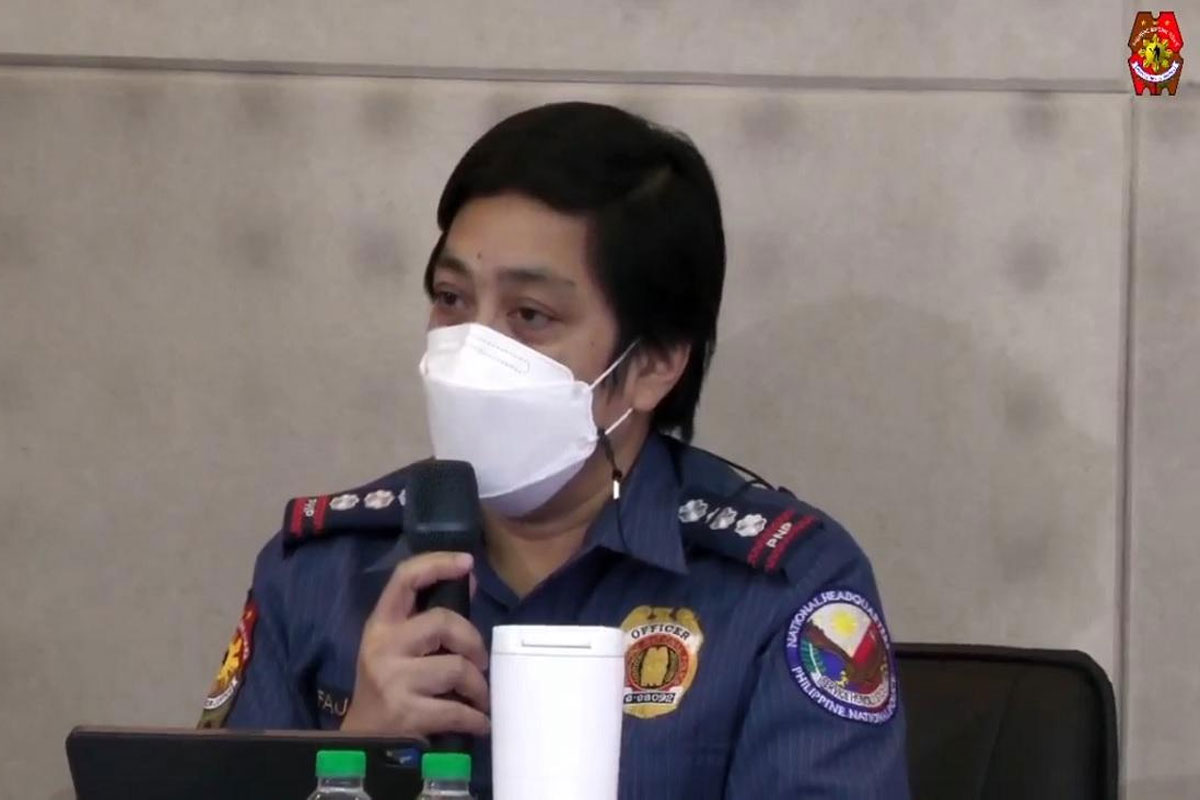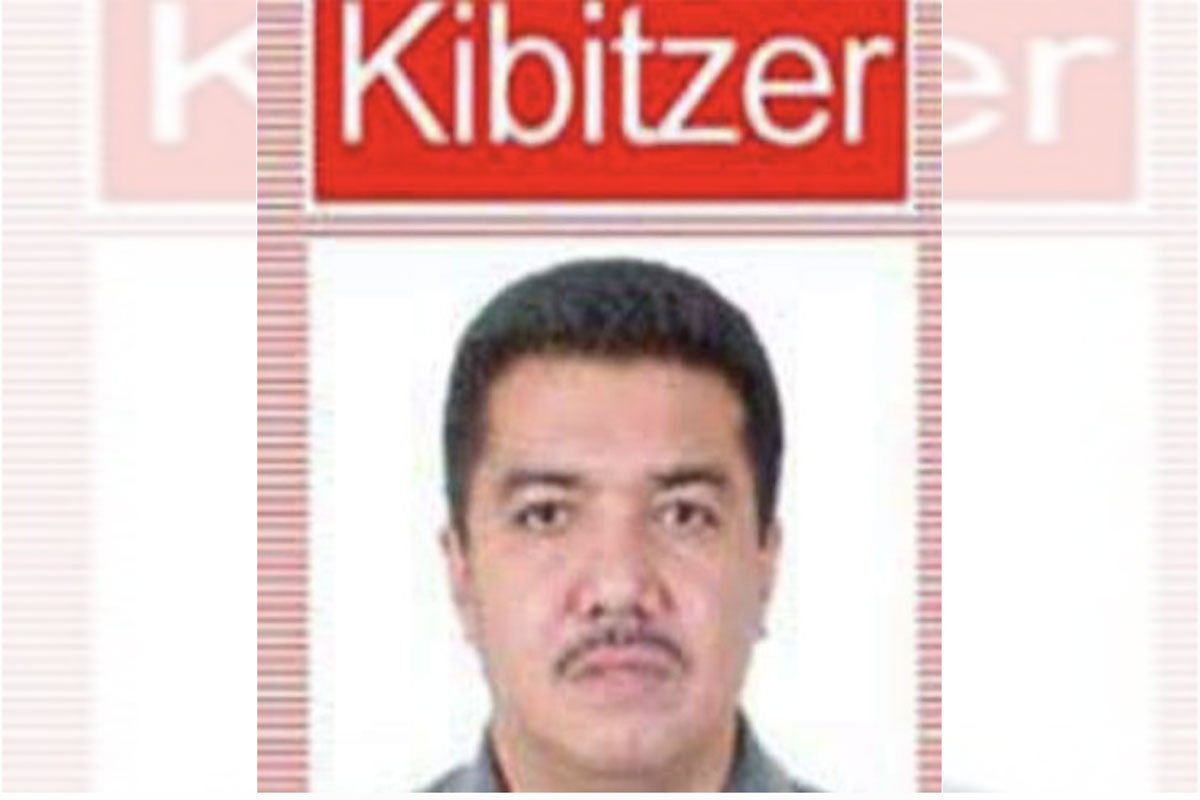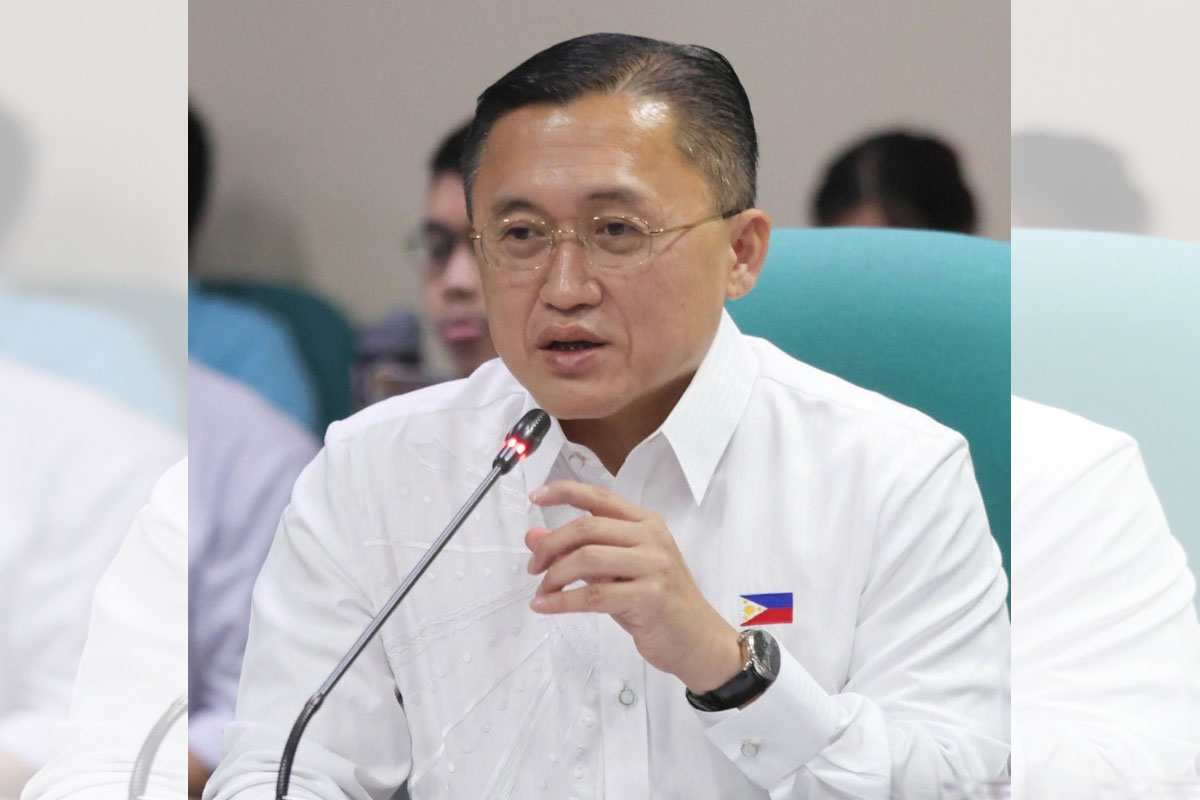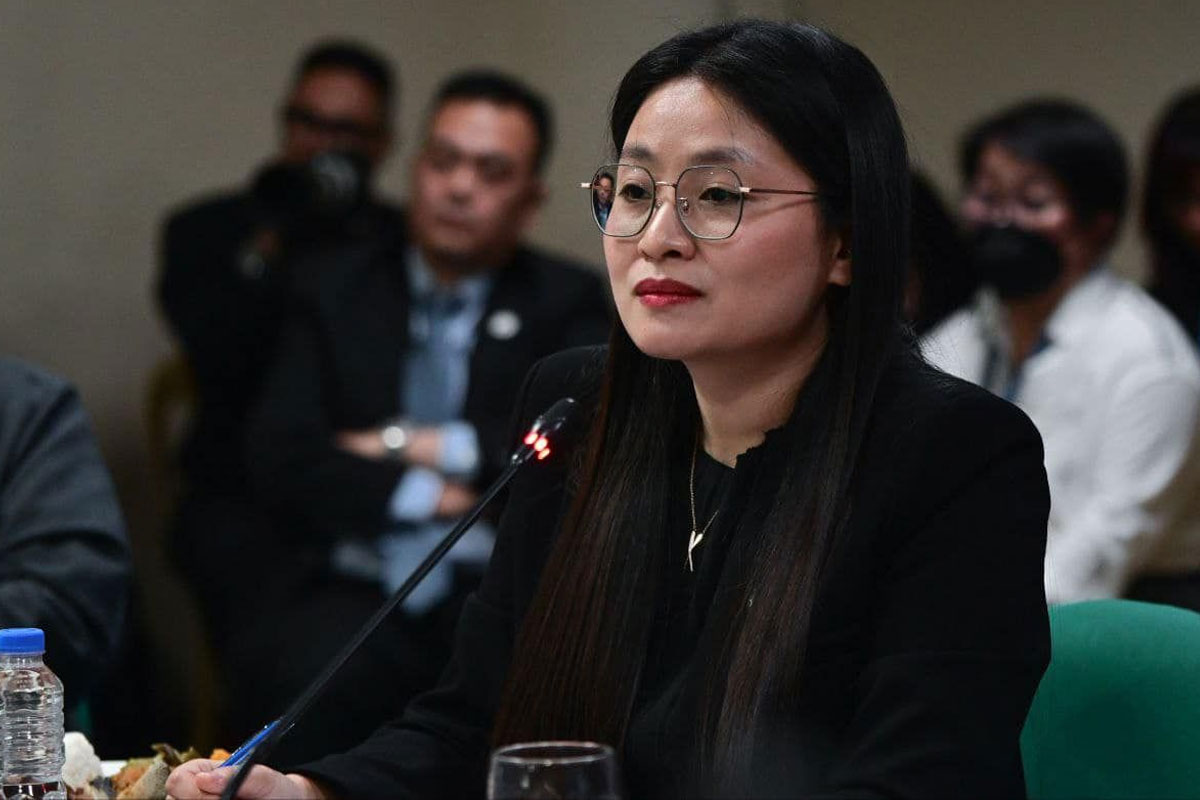
PEOPLE’S WELLBEING
SPEAKER Ferdinand Martin G. Romualdez has unveiled a visionary healthcare agenda centered on the commitment of the House of Representatives to uplifting health services and primary care for all Filipinos.
Addressing fellow graduates from Cornell University during the Spring Brunch and Education Forum in Tagaytay City, Speaker Romualdez outlined the “transformative journey” undertaken by the House to revolutionize healthcare in the Philippines.
“I am elated to report that the House of Representatives— your House—has embarked on a transformative journey to elevate health services and primary care for all Filipinos,” Romualdez said.
“We are not just lawmakers; we are collaborators, working closely with executive agencies to uplift the living conditions under President Ferdinand Marcos Jr.’s administration,” he added.
Romualdez hosted the event for his fellow Cornellians, as they delved into innovation in the health and agriculture sectors.
The House chief pursued his undergraduate studies at Cornell University in the United States from 1981 to 1985, earning a Bachelor of Arts degree in government.
One of the notable initiatives unveiled by Speaker Romualdez was the comprehensive review of the charter of the Philippine Health Insurance Corporation (PhilHealth), the country’s premier health insurance provider.
He said the objective is to reshape PhilHealth into a more inclusive model that mirrors the efficiency of health maintenance organizations or HMOs.
“This shift is about more than expanding coverage—it’s about ensuring PhilHealth evolves into a pillar of our Universal Health Care System, providing a safety net that is robust, compassionate, and equitable,” he pointed out.
Romualdez hailed a significant milestone in healthcare legislation, specifically in combating breast cancer.
During National Women’s Month, PhilHealth responded to the House’s advocacy by raising the benefit package for breast cancer patients to an unprecedented P1.4 million, a remarkable increase from the previous coverage of P100,000.
The Speaker commended PhilHealth’s swift action in providing free annual mammogram and ultrasound services, slated to commence in July.
He lauded this initiative as a testament to the administration’s commitment to preventive care, ensuring that every woman has access to essential diagnostic services.
According to the Speaker, the establishment of the Philippine Cancer Center in Quezon City also stands as a testament to government’s dedication.
“It is a landmark in our healthcare infrastructure, focusing on the plight against cancer, which touches the lives of so many of our citizens,” he said.
The center, set to be constructed on a 5,000-square-meter lot within the Philippine Blood Center complex in Diliman, will stand as a modern teaching and research hospital.
Each of its 20 floors will be dedicated to different types of cancers, ranging from hepatic, renal, and gastrointestinal to lung, breast, reproductive organs of women, skin, and rare cancers.
The center aims to provide comprehensive services encompassing diagnosis, treatment, research, and patient support.
“Through these infrastructures, we aim to encapsulate the very essence of care and prevention taught to us at Cornell—knowledge in service of society,” Romualdez stressed.
The Speaker also highlighted several legislative achievements that underscore the House’s dedication to healthcare reform and accessibility.
Among these is the Amendment to the Universal Health Care Act, which grants the President the authority to suspend and modify the scheduled increase of premium rates for direct PhilHealth contributors, offering much-needed relief and flexibility in healthcare funding.
He also pointed out the significance of the Magna Carta of Barangay Health Workers in ensuring that accredited health workers at the barangay level receive proper incentives, benefits, and continuous training, thus fortifying grassroots healthcare.
Another notable achievement is the establishment of the Virology Institute of the Philippines, enhancing the nation’s capacity to manage and prevent viral diseases.
Romualdez emphasized the House’s active oversight role, particularly in monitoring the implementation of health-related laws.
This includes conducting inquiries into gaps in the execution of laws for senior citizens and persons with disabilities, leading to recommendations aimed at harmonizing benefits and improving services.
“Such oversight ensures that existing laws are effectively serving the public and that any discrepancies or inefficiencies are addressed promptly,” the Speaker explained.
“As a result of these inquiries, senior citizens and persons with disabilities will soon be able to enjoy an increase to P500 per month in discounts on groceries and other prime commodities,” he added.
Romualdez also underscored the House’s backing of broader economic reforms aimed at attracting investments to strengthen healthcare funding and infrastructure.
He noted that this entails legislative measures aimed at amending economic provisions in the Constitution to attract more investments, potentially leading to increased funding for health services.
“By inviting investments, we look to build a future where health services are not just a privilege but a fundamental right for every Filipino,” the Speaker said.
Through a proactive approach to health governance, Speaker Romualdez said the House initiated series of improvements that promise a more responsive and accessible healthcare system in the country.

























